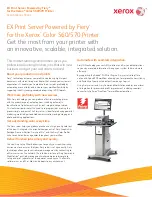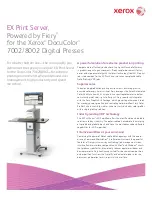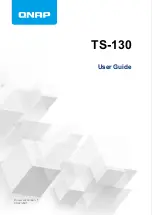
Estimated number of handsets for users
without wired telephones
Adjusted estimated number of handsets
for each cell
33
64
34
66
35
69
36
71
37
73
38
76
39
78
40
80
Adjusting for users without wired telephones
1. Count the number of user offices with handsets and wired telephones (H&W), and
record the number.
2. Count the number of user offices that have only wireless handsets, (H).
3. Use
Table 15: Adjustment for users without wired telephones
on page 69 to
determine the equivalent number of H&W users and record this number.
4. Add the numbers received from steps 1 and 3 to determine and adjust the value for
the number of users with wired telephones.
5. Use the first column of
Table 15: Adjustment for users without wired telephones
on
page 69 to determine if you must resize the cell, as described in
on page 68.
High handset density deployment
The high handset density deployment includes limiting the expected number of handsets for
each cell center.
Use the high handset density procedure if instructed to in
page 68. Do not use more than one basestation for each cell center.
Limit the anticipated number of handsets
Limit the number of handsets you anticipate for each cell center to the limits shown in
on page 68. Subdivide high handset density areas only. If a cell falls
into the category of a high density area, use
High handset density deployment
to subdivide the cell.
Subdivide a cell
To subdivide the area for smaller cells, divide the cell into as many small cells as necessary to
accommodate the number of users in the area.
System deployment
SIP DECT Fundamentals
October 2012 71
Summary of Contents for CS 1000
Page 6: ...6 SIP DECT Fundamentals October 2012 ...
Page 146: ...System administration 146 SIP DECT Fundamentals October 2012 Comments infodev avaya com ...
Page 174: ...System maintenance 174 SIP DECT Fundamentals October 2012 Comments infodev avaya com ...
Page 204: ...Site survey example 204 SIP DECT Fundamentals October 2012 Comments infodev avaya com ...
















































